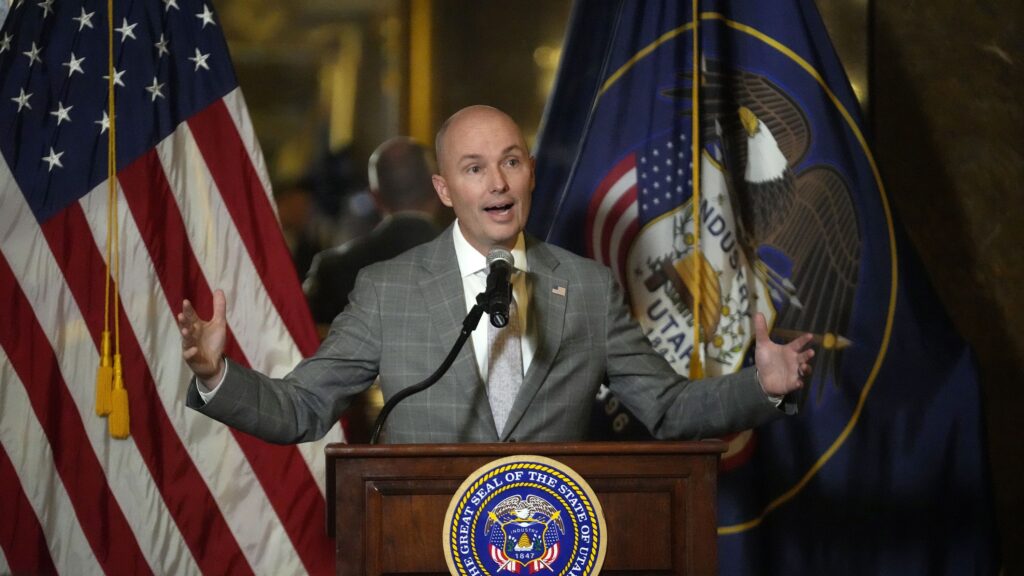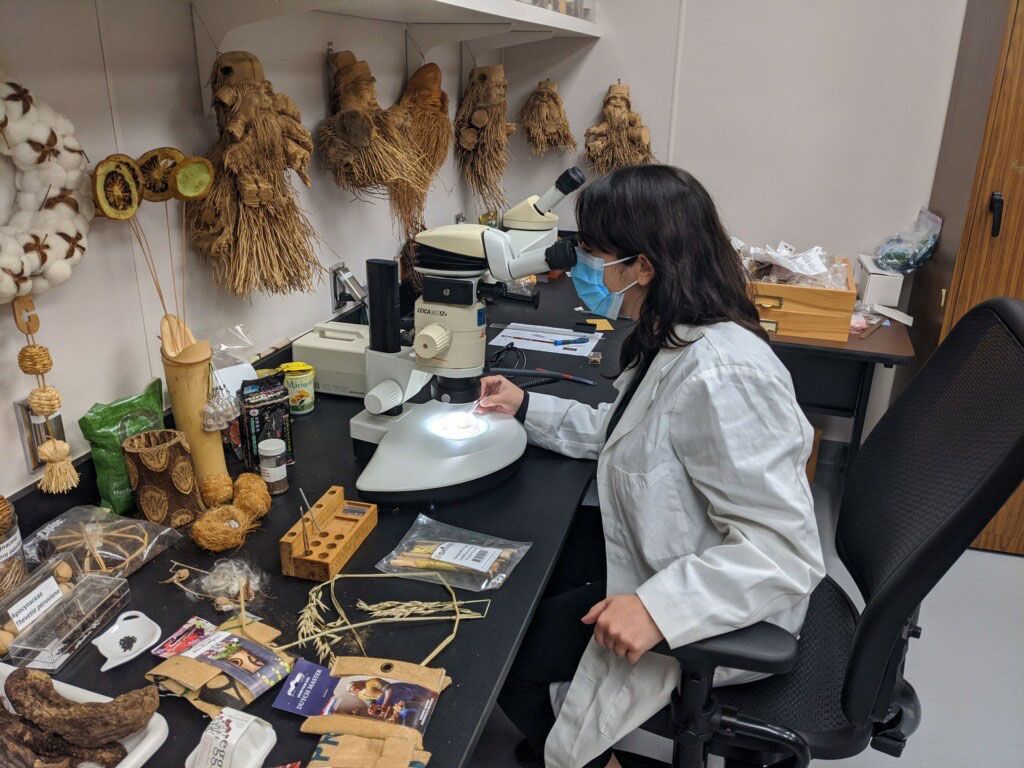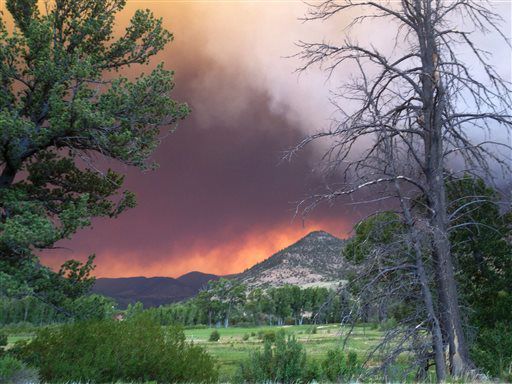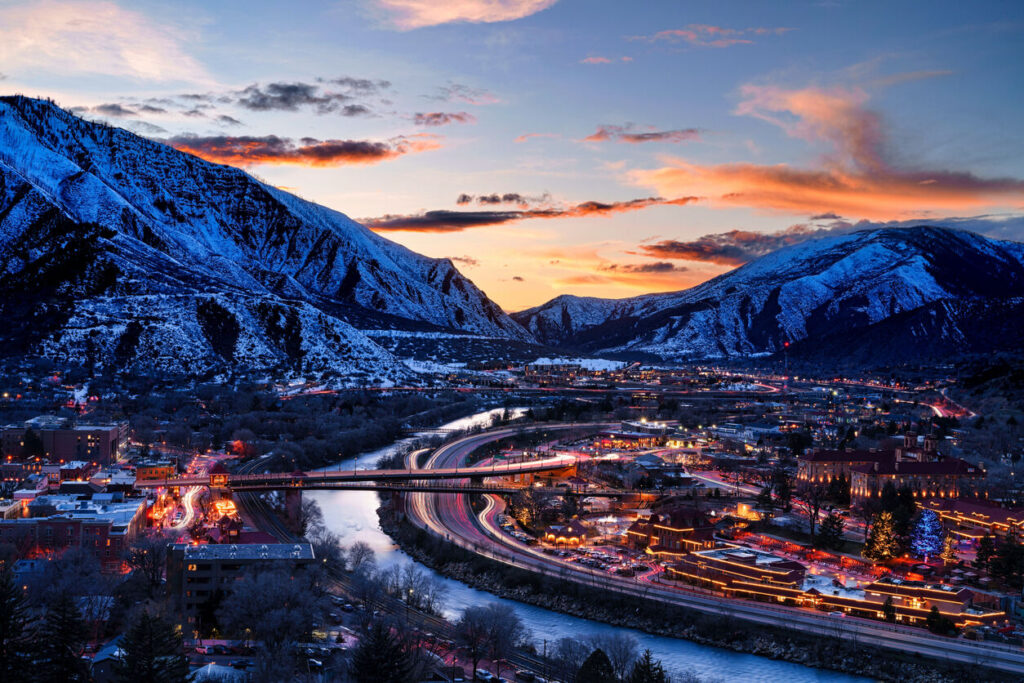Montana youth 1st to trial over state obligation to protect from climate change | OUT WEST ROUNDUP

MONTANA
Youth first to trial over whether state must protect from climate change
HELENA – A two-week trial over state government obligations to protect people against climate change began June 12 in Montana, where a group of youth say they’re already being harmed as wildfires get worse, streams dry up and mountain glaciers melt away.
The 16 plaintiffs, supported by a parade of climate experts, are trying to persuade a judge that the state’s allegiance to fossil fuel development endangers their health and livelihoods and those of future generations.
Plaintiffs attorney Roger Sullivan said in his opening arguments that Montana has a constitutional obligation to protect residents from climate change. Experts say the case in state court could set legal precedent but isn’t likely to make immediate changes to policy in fossil fuel-friendly Montana.
Montana Assistant Attorney General Michael Russell said in response that climate change was a global issue and the harms alleged by the young plaintiffs can’t be traced back to specific actions by state officials.
Environmentalists have called the bench trial a turning point because similar suits in nearly every state have already been dismissed.
One reason the case may have made it so far in Montana is the state’s constitutional requirement that government “maintain and improve a clean and healthful environment.”
In the three years since the lawsuit was filed, the scope of the case has been narrowed to whether Montana’s Environmental Policy Act – which requires state agencies to balance the health of the environment against resource development – is unconstitutional because it does not require officials to consider greenhouse gas emissions or their climate impacts.
Judge Kathy Seeley has said she could rule that the state’s climate change exception in its environmental law is at odds with its constitution, but she can’t tell the legislature what to do to remedy the violation.
NEW MEXICO
State enjoys revenue windfall amid warning of uncertain future
ALBUQUERQUE – Mind-blowing is how legislative analysts describe New Mexico’s budget numbers, saying during a June 8 briefing that projected revenues have been outpacing previous spending at levels never seen before.
Still, they warned members of the revenue and tax policy committee that some of the one-time funding will dry out, and lawmakers will have to decide whether to continue paying for health care, education and other social programs that have been expanded during the boom.
Staff with the Legislative Finance Committee also reiterated that oil and gas development has been driving New Mexico’s historic numbers, and more still needs to be done to diversify the state’s economy to weather the industry’s volatility as well as prepare for a future when energy markets might shift more toward renewable sources.
Despite some vetoes, Democratic Gov. Michelle Lujan Grisham signed off on a state budget that boosted spending by 14%.
Economists with the Legislative Finance Committee also warned that a recession could be on the horizon. They have been monitoring rising inflation and brinkmanship in Washington over the national debt ceiling given New Mexico’s heavy reliance on federal funding and bank failures around the country.
Sen. Ron Griggs, a Republican from Alamogordo, noted that tax revenues from solar and wind development amount to a fraction of what oil and gas brings in. He told fellow lawmakers that continuing production in a way that is environmentally conscious would ensure revenues for decades.
Thousands will have driver’s licenses reinstated under new law
ALBUQUERQUE – Thousands of New Mexicans will have their driver’s licenses reinstated under a new law that prevents the state Motor Vehicle Division from suspending the licenses of people who fail to appear in court or don’t pay speeding tickets or other fines.
State officials confirmed onJune 7 about 308,000 licenses that are currently suspended will be affected, and MVD staff are being trained on the new requirements.
The underlying citations that led to the suspensions will still be reflected on driver records, said Charlie Moore, a spokesman for the Taxation and Revenue Department, which oversees the division.
State court officials say the new law that takes effect in June may lead more people to skip out on court hearings or ignore fines, but advocates see it as a positive change.
Barry Massey, a spokesman for the Administrative Office of the Courts, said more drivers respond to the court when they are notified of the potential license suspension than the notice that a bench warrant has been issued.
Ault argues New Mexico’s courts still have other tools to ensure compliance. She noted the new law doesn’t eliminate any debt from unpaid fines, so Ault said that could act as an incentive to comply and pay.
OKLAHOMA
State school board approves taxpayer-funded religious school
OKLAHOMA CITY – A state school board in Oklahoma voted on June 5 to approve what would be the first publicly funded religious school in the nation, despite a warning from the state’s attorney general that the decision was unconstitutional.
The Statewide Virtual Charter School Board voted 3-2 to approve the application by the Catholic Archdiocese of Oklahoma to establish the St. Isidore of Seville Virtual Charter School. The online public charter school would be open to students across the state in kindergarten through grade 12.
Oklahoma Attorney General Gentner Drummond had warned the board that such a decision clearly violated the Oklahoma Constitution.
The Archdiocese of Oklahoma said in the “vision and purpose of the organization” section of its application that: “The Catholic school participates in the evangelizing mission of the Church and is the privileged environment in which Christian education is carried out.”
Americans United for Separation of Church and State denounced the board’s approval.
“It’s hard to think of a clearer violation of the religious freedom of Oklahoma taxpayers and public-school families than the state establishing the nation’s first religious public charter school,” the group’s president and CEO Rachel Laser said in a statement. Oklahoma’s Republican Gov. Kevin Stitt, who earlier this year signed a bill that would give parents in the state a tax incentive to send their children to private schools, including religious schools, praised the board’s vote.
UTAH
School district’s Bible ban spurs protest
SALT LAKE CITY – Republican lawmakers rallied with more than one hundred Bible-toting parents and children at Utah’s Capitol on June 7 to protest a school district’s decision to remove the Bible from middle and elementary school libraries in the wake of a GOP-backed “sensitive materials” law passed two years ago.
Concerned parents and children holding signs that read “The Bible is the original textbook” and “Remove porn, not the Bible,” said they were outraged after the Davis School District announced that a review committee concluded the Bible was too “violent or vulgar” for young children. The committee ruled that it did not qualify as obscene or pornographic under the sensitive materials law, but used its own discretion to remove it from libraries below the high school level.
The anonymously made challenge to the Bible appears to have been submitted as a statement to undermine the two-year-old law, noting the sacred text contains instances of incest, prostitution and rape. It derided the review procedures as a “bad faith process” and attacked groups that have pushed to remove certain titles from schools, including Parents United and its Utah-based affiliate.
State Rep. Ken Ivory, the sensitive materials law’s Republican sponsor, rebuffed the idea that his law paved the way for the Bible to be banned. Though he defended the review process after the sacred text’s removal, he said on June 7 that the Davis School District had overstepped its role by removing the Bible from middle and elementary schools because of criteria not in state law.













